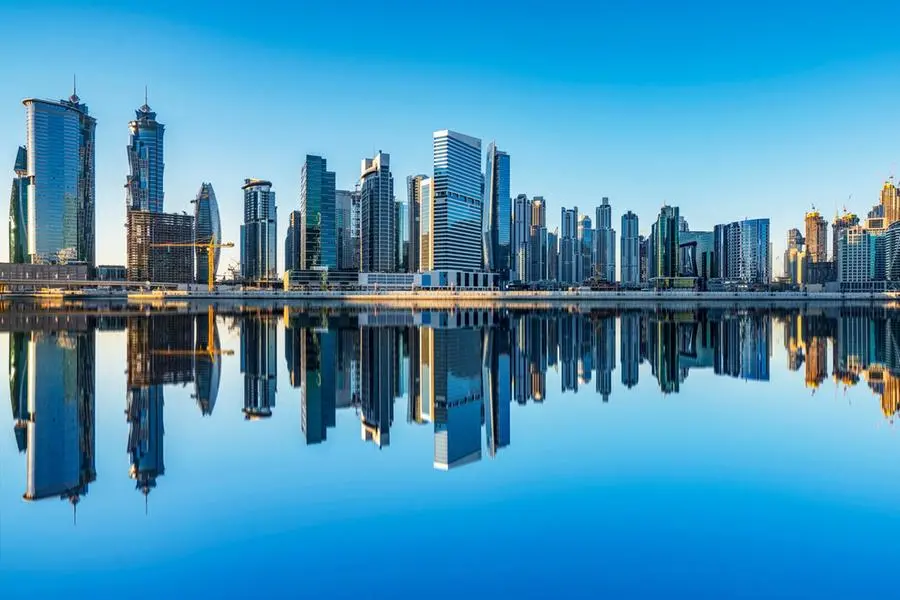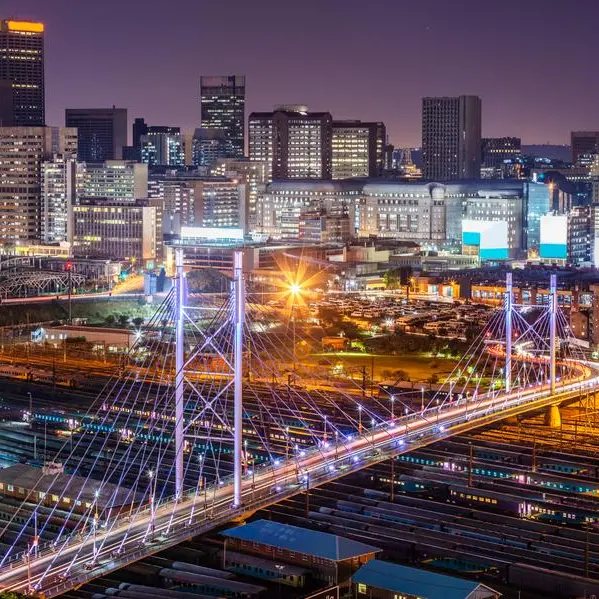PHOTO
People were sceptical about how Dubai’s real estate market would recover after the pandemic. Supply was at all-time highs, people were losing jobs or having salaries slashed and the tenant default rate was unpredictable. All this resulted in a 12 percent drop in rent and left owners worried about the future of the market. Very bleak outlook overall.
As the lockdown was lifted and 2020 came to an end, we witnessed an unexpected surge in the Dubai real estate market. The world acknowledged and witnessed the UAE government's response and management of the pandemic, the excellent work of the entire healthcare industry, the successful vaccination drive and how every citizen and resident positively contributed to the betterment of the UAE community. This combination allowed for rapid growth resulting in 135.4 billion dirhams in real estate transactions as of November 2021.
As Dubai returned to the ‘new normal’ once the population was 100 percent vaccinated, it fast-tracked the city as the new travel and investment destination. The influx of tourists coming into the country combined with the government encouraging residency programs allowed a massive amount of foreign investment as tourists considered property in Dubai. As the pandemic changed our lives, the real estate sector has also seen new trends and a shift in demand.
More end-users
More end-users came into the UAE market, tenants were looking for more space and mortgage rates were and are at all-time lows. Owning a home became more viable. This will continue into 2022 as prices normalize from all-time highs in 2021. Foreign investors will continue to realize that, pegged against other leading international cities, rental returns in Dubai, even in a down market, are considered strong, averaging between 4-5 percent net. Add to that the low price entry point for freehold properties, high capital appreciation and low mortgage rates, it continues to be a no-brainer as an investment destination.
Demand for luxury homes
Travel restrictions and lockdowns globally caused many high net worth individuals to move to Dubai to take advantage of the city's infrastructure and as a result, luxury property boomed in 2021. This was evident mainly in the luxury villa segment, where prices rose by 16.5 percent year over year with a record of over 54 villas over $10 million each being sold by September 2021.
With the omicron variant still looming, organizations will continue to operate on a hybrid model. Consequently, buyers will still require space, facilities and amenities to entertain, raise a family and work from home in communities that provide amenities without sacrificing connectivity.
Environmental responsibility
Governments, corporations and individuals alike are becoming increasingly more aware of their responsibility towards a sustainable future. With buildings in urban cities contributing almost 40 percent of worldwide carbon emissions, it is now a responsibility for all property developers to put sustainable solutions at the heart of the development process, and for governments to put in place legislation and incentives to push sustainable development opportunities, in line with UAE’s commitment to achieving net-zero by 2050.
What next?
These trends provide guidance on where 2022 will focus in the real estate market. Community-based sustainable developments will take centre stage over the next five years, as the UAE and the world align with global sustainability targets. The real estate sector holds many of the solutions to alleviate climate concerns, such as targets for zero net carbon output, energy efficiency and adoption of renewables. The opportunity for the real estate sector isn’t only in physical buildings but also in health and the wellbeing of tenants, social sustainability, inclusion and diversity, accessibility and electric vehicle take-up. The developments that adopt this the quickest and provide that to their tenants at the most affordable price will win.
Villas and townhouses saw the biggest increase in property value and demand but compared to 2020, there has also been a significant increase in apartment sales as seen below. 2022 is expected to continue this trend. I believe that the real estate market is now maturing in Dubai specifically. Better regulation, support for buyers, and low mortgage rates shift the needle to an end-user focused market.
Over the long term, with a focus by the UAE government to develop the manufacturing and industrial sector, there will be a requirement for highly skilled middle-class workers. This influx will mean more jobs, more spending and a constant need for housing to accommodate the increase in population. With a forward-thinking government, world-class infrastructure, and multi-cultural business environment, Dubai's real estate sector is primed to grow steadily and attract more buyers, locally and globally.






















